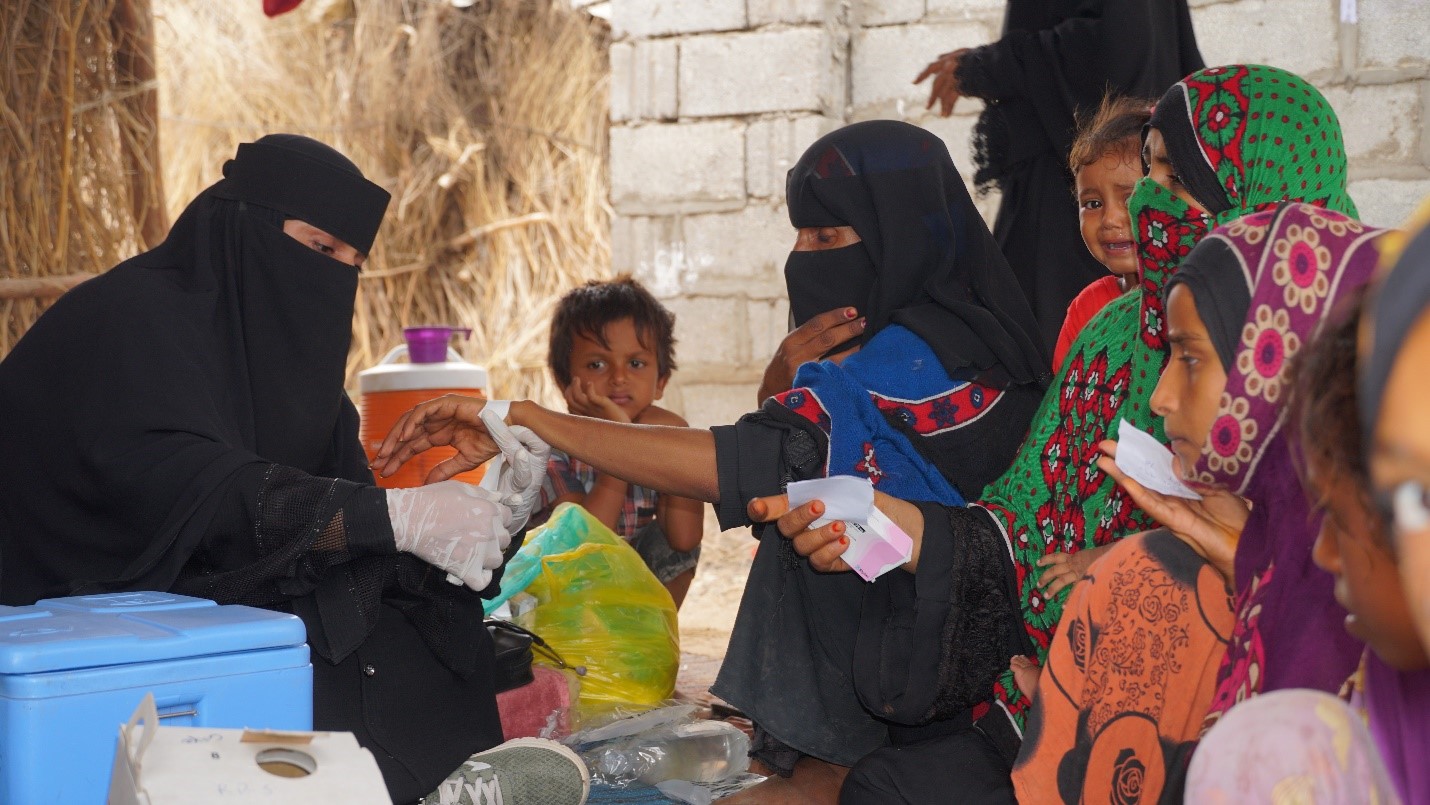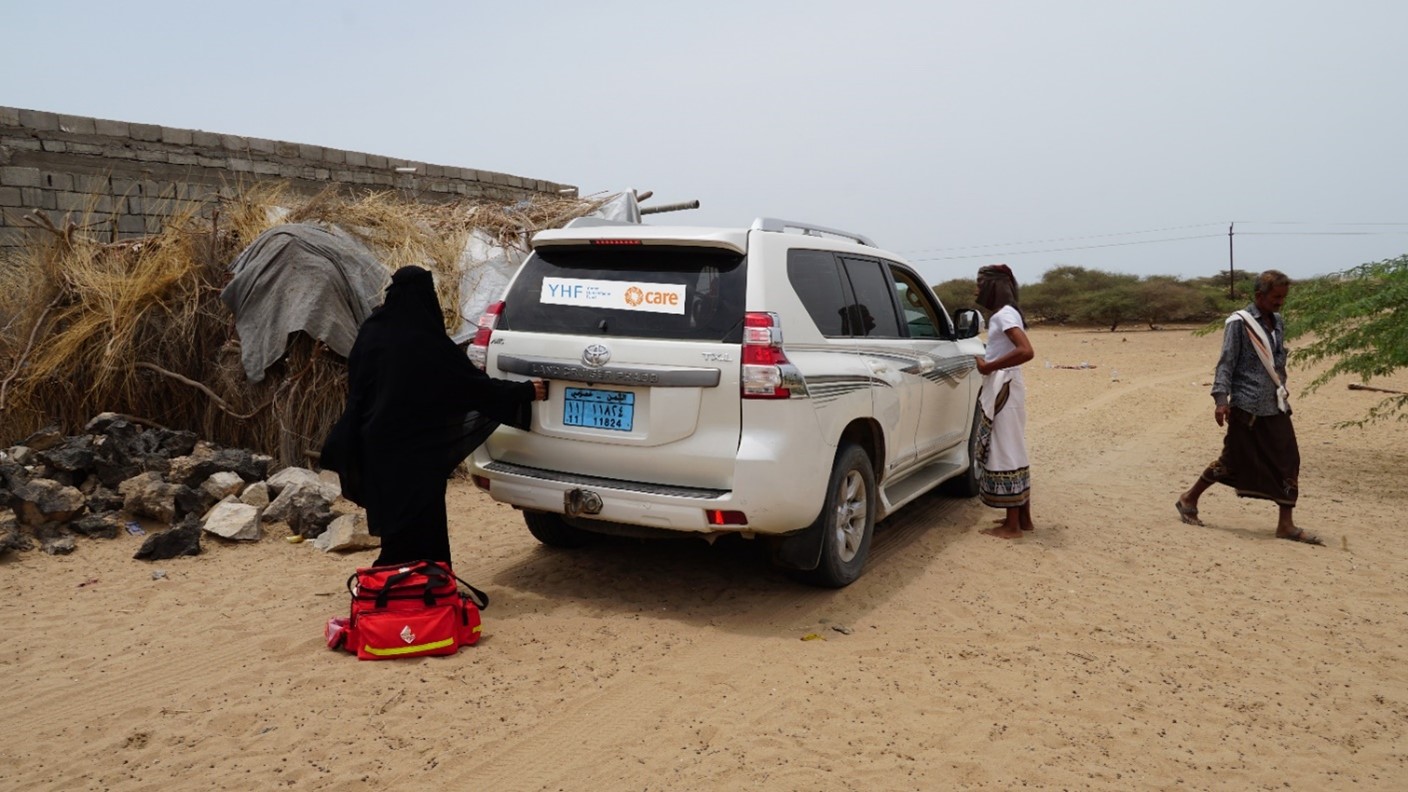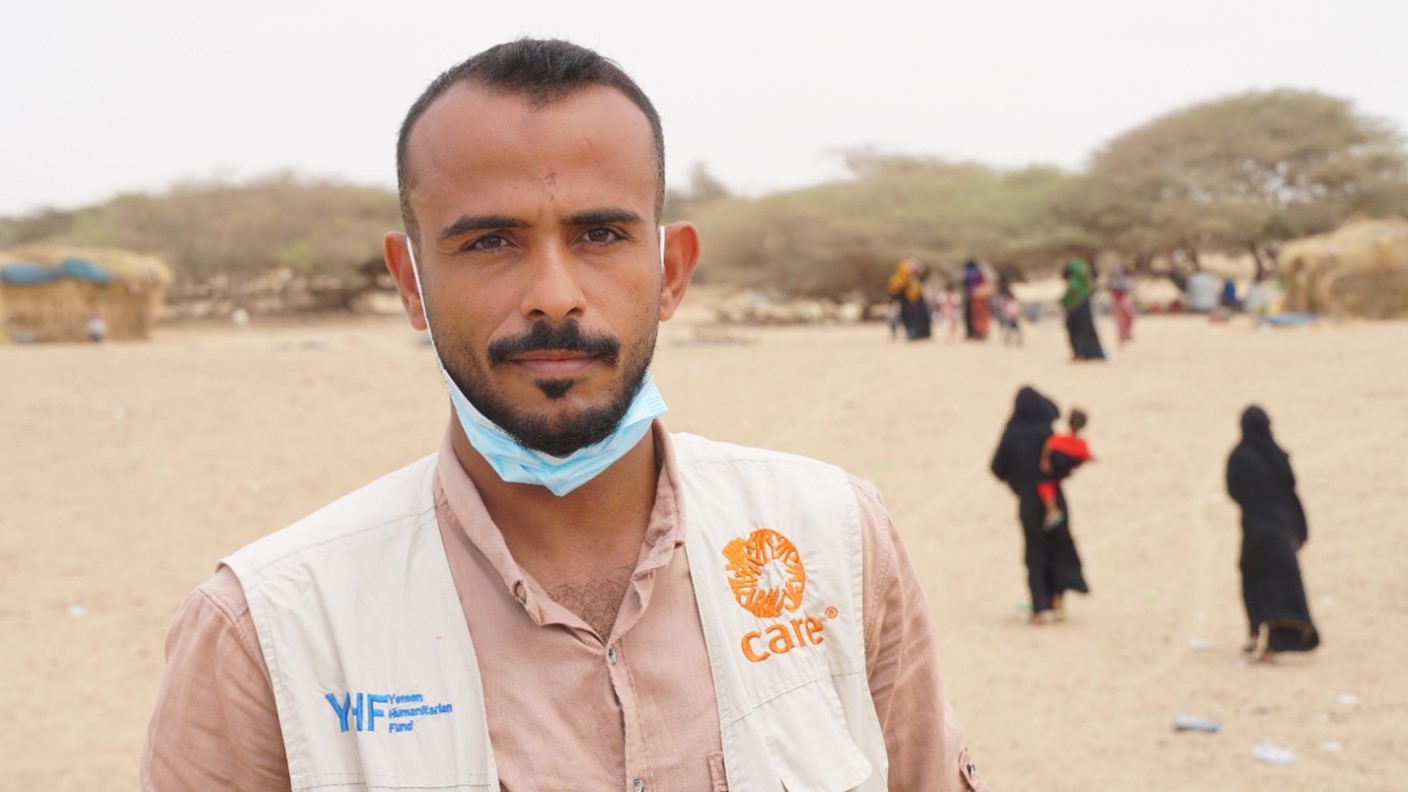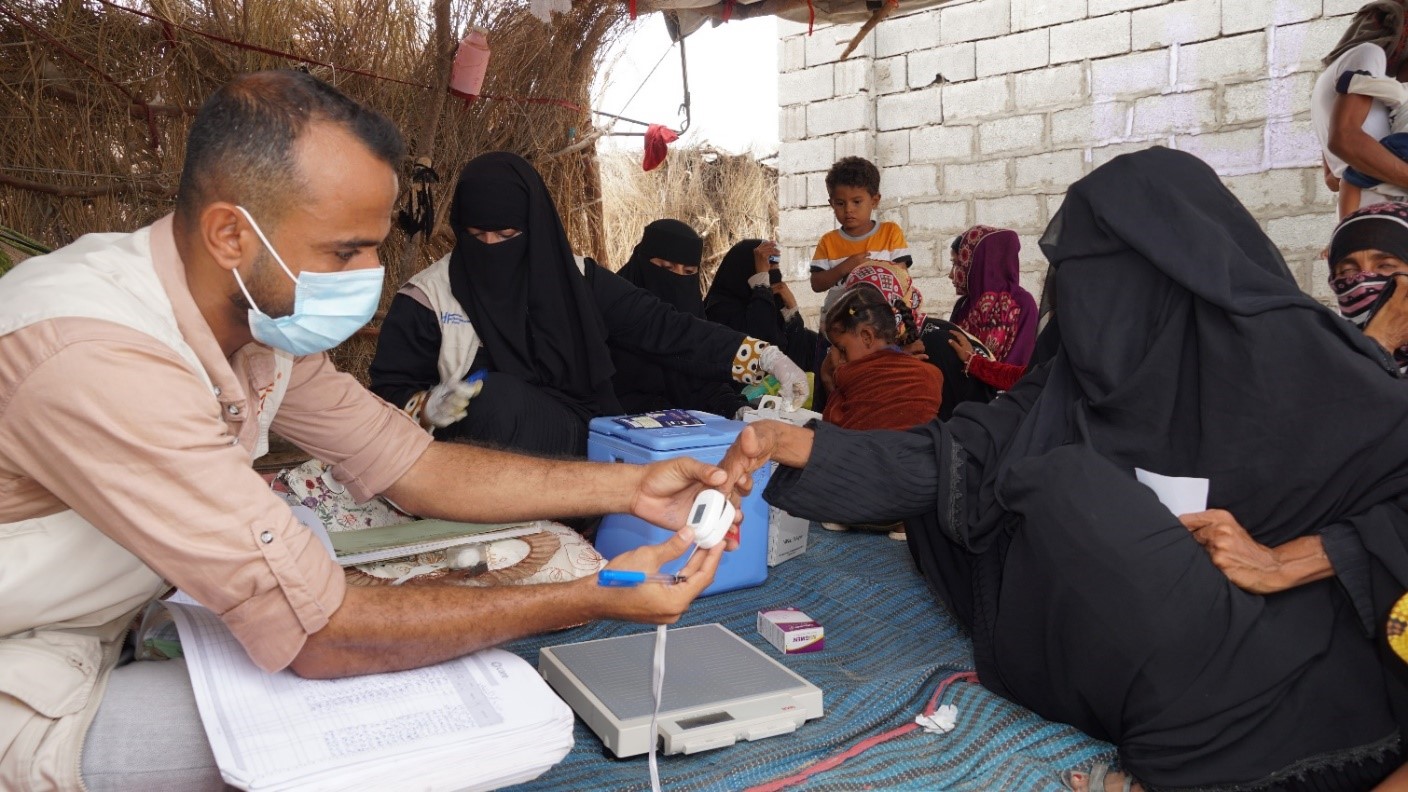Over seven years of conflict in Yemen have resulted in significant damage to physical infrastructure, economy, and services, forcing millions of Yemenis to suffer the compounded effects of the war, economic crisis, and disrupted public services. Only half of all health facilities across the country are fully functioning, while 21.9 million people need support to access critical health services. The conflict has contributed to significant outbreaks of communicable diseases, including vaccine-preventable diseases, such as cholera, diphtheria, dengue, measles, and the resurgence of vaccine-derived polioviruses. Moreover, the COVID-19 pandemic has further worsened the health situation. Staff shortages, inadequate supplies and equipment, inability to meet operational costs and power outages caused by lack of fuel put the lives of millions at risk.
The ongoing conflict has further compromised the availability and accessibility of health care in rural and conflict-affected areas. In Yemen’s rural areas, the lack of nearby health facilities overwhelms already vulnerable communities. It is estimated that 42.4 percent of Yemen’s population live more than one hour away from the nearest fully or partially functional public hospital, and 30.6 percent live more than 30 minutes away. The majority of health facilities in Yemen’s countryside suffer from neglect and a lack of essential equipment and basic medicines. In addition, due to inadequate resources and weak governance, the number of healthcare workers is limited, and the capacity of those available is severely depleted.



